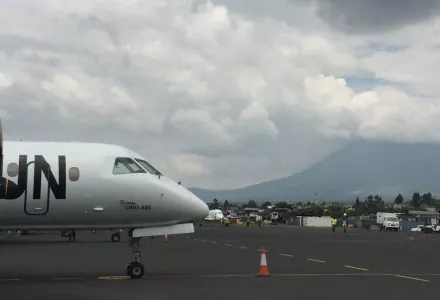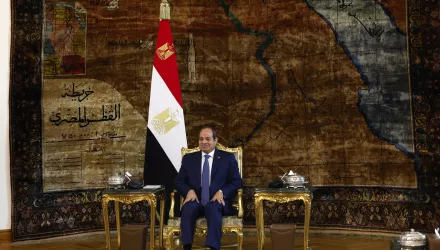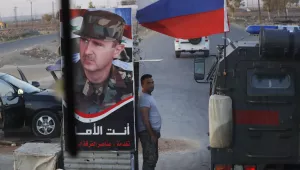
Abstract
The diversity of political spaces, availability of cheap labor, ease of access to powerful figures, and safety net of a foreign passport attract researchers to the developing world. However, environments of extreme state weakness and ongoing conflict permit research behavior that would be frowned on in the global north. We suggest that weak regulatory authority in conflict-affected states offers foreign academics opportunities that are not available when states have greater reach or capacity. Qualitative researchers may find requests to interview victims or perpetrators of wartime violence granted with ease. Experimenters can coerce under-resourced NGOs to pursue interventions at odds with their organizational mandates. We posit that conflict contexts can constitute permissive environments in which researchers can engage in conduct that would be considered deeply problematic at home. Because studying political violence can require firsthand research on aspects of political life not easily observed elsewhere, this article offers a set of guidelines to foster more ethical and responsible research practices.
Cronin-Furman, Kate and Milli Lake. "Ethics Abroad: Fieldwork in Fragile and Violent Contexts." PS: Political Science and Politics, (2018) .
The full text of this publication is available via PS: Political Science and Politics.





